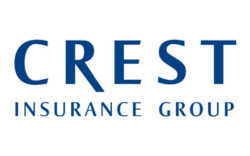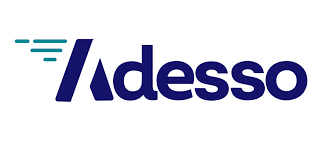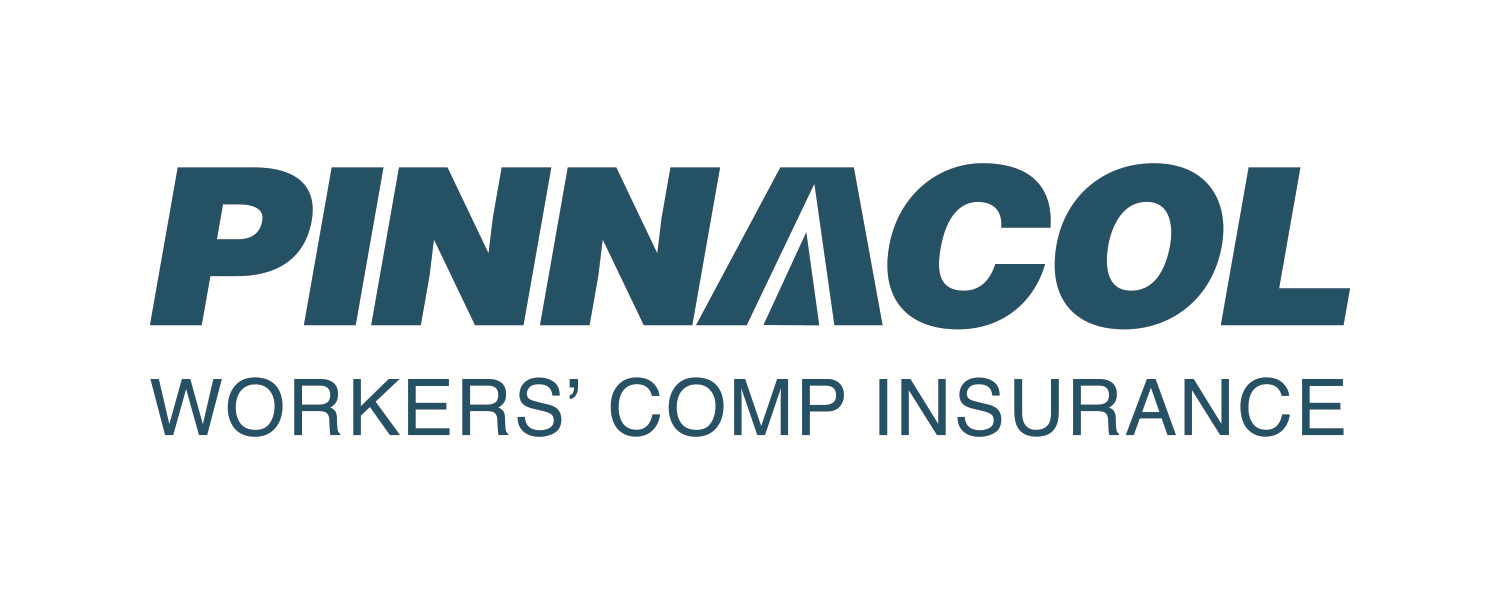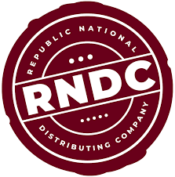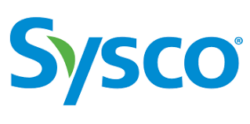2022 Colorado Law Updates
What Local Restaurant Operators Need to Know
Effective July 1, 2022, the State of Colorado began imposing a fee on all retail deliveries of tangible personal property subject to state sales or use tax. The fee is $.27 per delivery, regardless of the number of items in the delivery, and applies to when the delivery is mailed, shipped, or otherwise delivered by motor vehicle to a purchaser.
The fee is to be collected by the retailer or marketplace facilitator who collects the sales tax for the transaction; this includes restaurants who deliver food and beverages by motor vehicle.
The fee is to be reported and remitted on the new DR 1786 form. Retailers that make retail deliveries must show the total of the fee on the receipt or invoice and label it “retail delivery fee.”
If all items in a retail sale are exempt from sales tax, the delivery is also exempt from the retail delivery fee. However, if even one item in the sale is subject to sales tax, then the fee must be collected.
If a restaurant or bar is using a third-party delivery company to make their deliveries, the third-party company should be the company that collects and remits the fee back to the Colorado Department of Revenue.
For more information about the retail delivery fee, click here.
- Restaurant Sales Tax Relief
In 2022, the Colorado Legislature passed a second round of legislation that allows restaurants to keep some of the state sales tax they collect. For the months of July, August, and September 2022, restaurants are allowed to deduct up to $70,000 from their taxable sales on their sales tax returns to the State of Colorado.
If a restaurant didn’t have $70,000 in taxable sales in one of the months where the deduction is allowed, then the restaurant is allowed to deduct their total taxable sales, as long as that amount doesn’t exceed $70,000.
Because most businesses in Colorado remit sales tax to the state on a monthly basis, these deductions will be taken on the return following each applicable month (ie, August, September, and October 2022).
For more information on how to file or how to amend a completed filing, click here.
- Termination Notifications
On May 25, 2022, Governor Polis signed Senate Bill 22-234 into effect, which made changes to the notification requirements employers must provide to employees when an employee leaves their position of employment.
Prior to the new law taking effect, Colorado employers needed to provide employees with a notice containing the following:
- That unemployment insurance benefits are available to unemployed workers who meet the eligibility requirements under Colorado law;
- Contact information to file a claim;
- Information the worker will need to file a claim; and
- Contact information to inquire about the status of their claim after it is filed
Under the new law, at the time of separation from employment, the employer must now also provide written information that includes:
- Employer’s name and address;
- Employee’s name and address;
- Employee’s ID number or the last four digits of their SSN;
- Employee’s first and last dates worked, year-to-date earnings, and wages for the last week worked; and
- Reason for separation
These new notification requirements apply regardless of wether the separation is voluntary or involuntary. You can read more about these new requirements thanks to our partners at Fisher Phillips.
- Credit Card Processing Fees
Starting July 1, 2022, businesses in the State of Colorado are allowed to add credit card processing fees onto a customer’s check if the customer pays with a credit card. The new law allows a business to charge the actual amount of credit card processing fees, up to 2% of the amount of the transaction. Businesses can only charge this on credit cards; if a customer uses a debit card, check, gift card, or cash, the business is not allowed to charge the customer processing fees.
In order for a business to charge the customer the cost of credit card processing fees, the business must post a sign in their business where it is visible to the customer that says the following:
“To cover the cost of processing a credit or charge card transaction, and pursuant to section 5-2-212, Colorado Revised Statutes, a seller or lessor may impose a processing surcharge in an amount not to exceed 2% of the total payment made for goods or services purchased or leased by use of a credit or charge card. A seller or lessor shall not impose a processing surcharge on payments made by use of cash, a check, or a debit card or redemption of a gift card.”
If you have questions about the credit card processing surcharge allowance, please email us at info@corestaurant.org.
What’s Coming in 2023….
- Family and Medical Leave Insurance
In 2020, voters in Colorado approved the establishment of a Family and Medical Leave Insurance (FAMLI) program for the state. This state-run program will provide partial wage replacement to employees who must take time off from work for a qualifying event, like the birth of a child, to bond with an adopted child, for medical treatment, and more.
The program is funded by both employees and employers. Starting on January 1, 2023, .9% of an employee’s annual salary must be remitted to the state to fund this program, with employees contributing .45% and employers contributing .45% (for a total of .9%).
While the payments begin on January 1, 2023, employees will not be able to take leave for a qualifying event until January 1, 2024.
The Colorado Department of Labor and Employment is still working through rulemaking on many of the parts of this program. We hope to have more details for businesses in the coming months, leading up to the January 1 start date for premium payments.
- Colorado Secure Savings Program
Also starting on January 1, 2023, employers will have to provide information to their employees about the Colorado Secure Savings Program. The Colorado Secure Savings Program was established as a state-run retirement savings program. Employers with five (5) or more employees who have been in business for two (2) or more years and currently do not offer a retirement savings program will have to register with the Colorado Secure Savings Program starting on January 1, 2023.
For more information about the program and how to get registered, click here.
